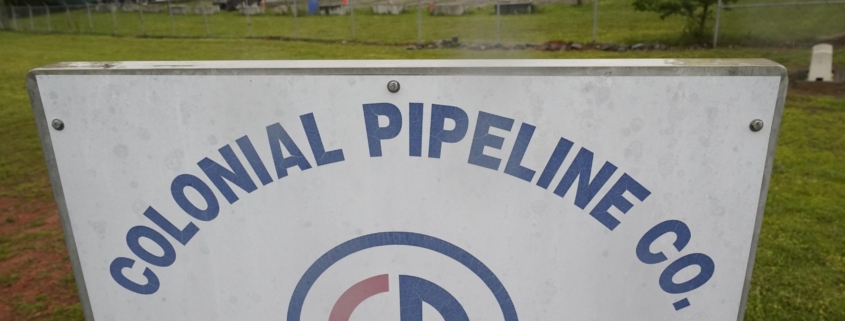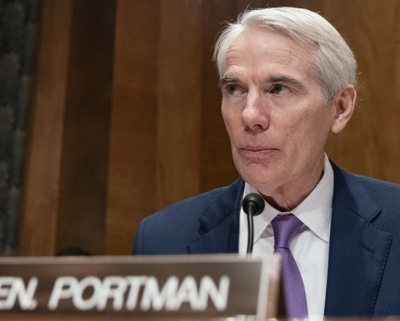Colonial cyber attack spreads fear to other companies
Gas shortages continue up and down the east coast after the Colonial pipeline cyber attack.
This latest cyber warfare has exposed critical infrastructure vulnerabilities here in the U.S. The danger compounded after it was revealed that Colonial actually paid a $5 million ransom to unfreeze their computers. The payout putting other companies on edge fearing they may be next.
The result a week after the cyber attack against the Colonial pipeline, panic buying, long lines at stations along the east coast, causing drivers across the country to fear it could happen at their local pumps.
While Colonial has announced the pipeline is open again it will take several days to for it to get back up to normal supply levels. The attack prompting homeland security and President Joe Biden, to urge private companies to harden their defenses.
“I can not dictate that private companies do certain things regarding cyber security”, said President Biden.
Critical infrastructure includes everything from fuel depots, to power and nuclear plants, water systems, railroads, banks, hospitals, telecom centers, the list is endless and 85% of it is privately owned. Phil Quade, of Fortinet Security, said companies around the world have much more to worry about now than just having rivals trying to steal their trade secrets.
“Our critical infrastructures and other important business systems are no longer subject to the threat only of being spied on by others, but actually being attacked by others”, said Quade.
These recommendations are not just for large companies, the Homeland Security Administration says medium sized companies and even local government need to have a cyber team to protect their security.




